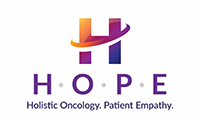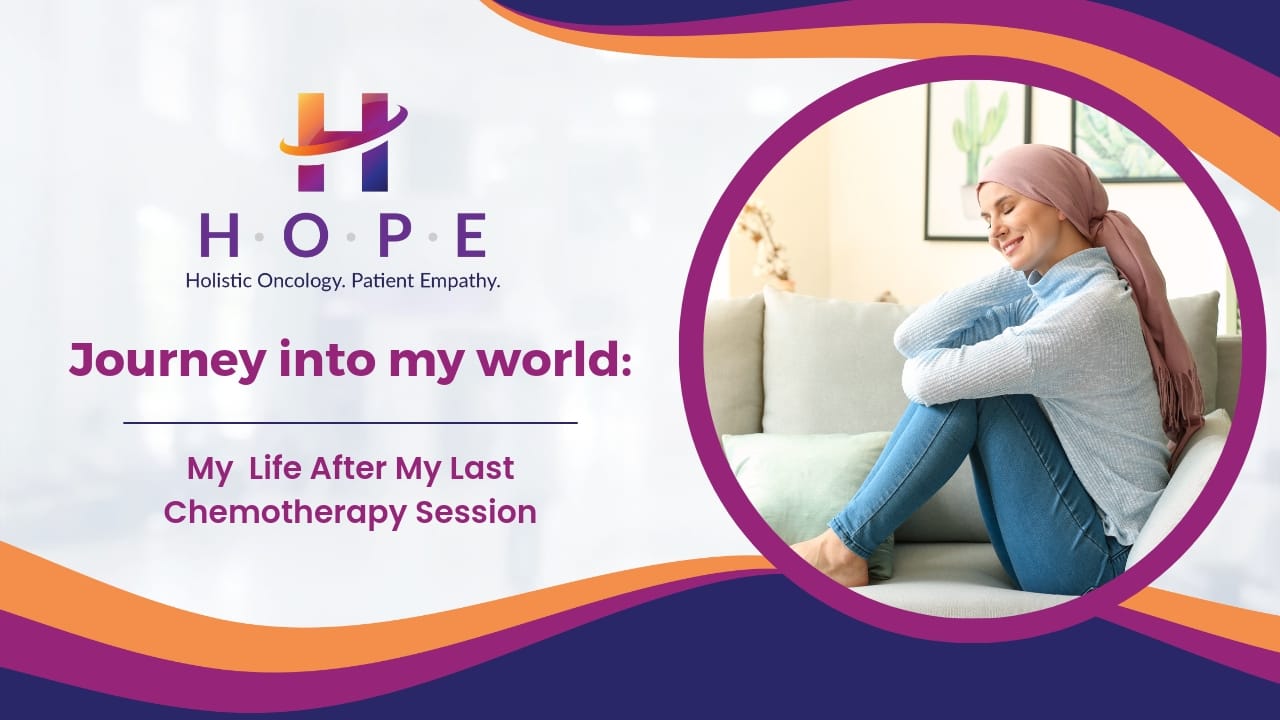Journey into my world- My Life After My Last Chemotherapy Session
Introduction:
Completing the final chemotherapy session marks a significant milestone in the arduous journey of battling cancer. As the last drip of medication flows through the IV, a mix of emotions engulfs the patient – relief, gratitude, and anticipation for what lies ahead. Life after the last chemotherapy session is a unique phase filled with physical recovery, emotional healing, and a reevaluation of priorities. In this article, we explore the multifaceted aspects of life after chemotherapy, examining the physical and emotional changes, the importance of support networks, and strategies for embracing a new chapter post-treatment.
Physical Recovery:
- The Resilience of the Body: After the completion of chemotherapy, the body undergoes a period of recovery. Patients may experience lingering fatigue, changes in appetite, and the gradual return of strength. It’s essential to be patient with the body’s natural healing process and to communicate openly with healthcare professionals about any persistent physical challenges.
- Follow-up Medical Assessments: Regular follow-up appointments and medical assessments become a crucial part of post-chemotherapy life. These evaluations help monitor the patient’s overall health, detect any potential side effects, and assess the effectiveness of the treatment. Radiological imaging, blood tests, and other diagnostic tools provide valuable insights into the body’s response to chemotherapy.
- Managing Lingering Side Effects: While many side effects of chemotherapy diminish over time, some may persist. Neuropathy, changes in cognitive function (“chemo brain”), and hormonal imbalances are examples of lingering side effects. Collaborating with healthcare professionals to manage these issues is essential for improving the overall quality of life.
Emotional Healing and Psychological Well-being:
- Celebrating Milestones: Completing chemotherapy is a significant milestone, and it’s crucial to acknowledge and celebrate it. Patients often mark the occasion with small or large celebrations, symbolizing the triumph over a challenging chapter in their lives.
- Dealing with Emotional Fallout: The emotional aftermath of chemotherapy can be complex. Patients may experience a range of emotions, including anxiety, fear of recurrence, and gratitude for survival. Engaging in open conversations with healthcare providers, therapists, or support groups can help individuals navigate these emotions.
- Rebuilding Confidence and Self-Image: Hair loss, weight changes, and alterations in physical appearance can impact self-esteem during treatment. As the body heals, individuals often find ways to rebuild their confidence and redefine their self-image. Support from loved ones, counseling, and self-care practices play crucial roles in this process.
Nurturing Support Networks:
- Family and Friends: The support of family and friends is invaluable during the post-chemotherapy phase. Loved ones often play a vital role in providing emotional support, helping with daily tasks, and creating a positive environment for recovery.
- Support Groups: Connecting with others who have experienced similar journeys can be empowering. Support groups offer a platform for individuals to share their stories, exchange coping strategies, and provide mutual encouragement. These connections can foster a sense of community and understanding.
- Professional Counseling: Professional counseling and therapy services can assist individuals in processing the emotional toll of cancer treatment. Therapists can provide tools for coping with anxiety, fear, and the challenges of adjusting to life after chemotherapy.
Strategies for Embracing a New Chapter:
- Setting Realistic Goals: Life after chemotherapy is an opportunity for individuals to set realistic and achievable goals. Whether it’s returning to work, pursuing hobbies, or reestablishing routines, setting goals can provide a sense of purpose and direction.
- Healthy Lifestyle Choices: Adopting a healthy lifestyle becomes paramount post-treatment. Regular exercise, a balanced diet, and adequate sleep contribute to overall well-being. Consultation with healthcare professionals can help individuals create personalized plans for maintaining a healthy lifestyle.
- Reconnecting with Hobbies and Interests: The post-chemotherapy phase is an ideal time to rediscover and reconnect with hobbies and interests that may have taken a backseat during treatment. Engaging in activities that bring joy and fulfillment can contribute to a positive outlook on life.
- Regular Monitoring and Check-ups: Staying vigilant about follow-up appointments and health monitoring is crucial for detecting any potential cancer recurrence or emerging health issues. Regular medical assessments provide peace of mind and contribute to long-term health management.
Conclusion:
Life after the last chemotherapy session is a transformative journey that involves both physical recovery and emotional healing. It’s a time for reflection, celebration, and the embracing of a new chapter filled with possibilities. With the support of loved ones, healthcare professionals, and a proactive approach to physical and emotional well-being, individuals can navigate this phase with resilience and optimism. The post-chemotherapy period is not just about surviving; it’s about rediscovering the joy of living and savoring the newfound strength that comes with triumphing over adversity.

